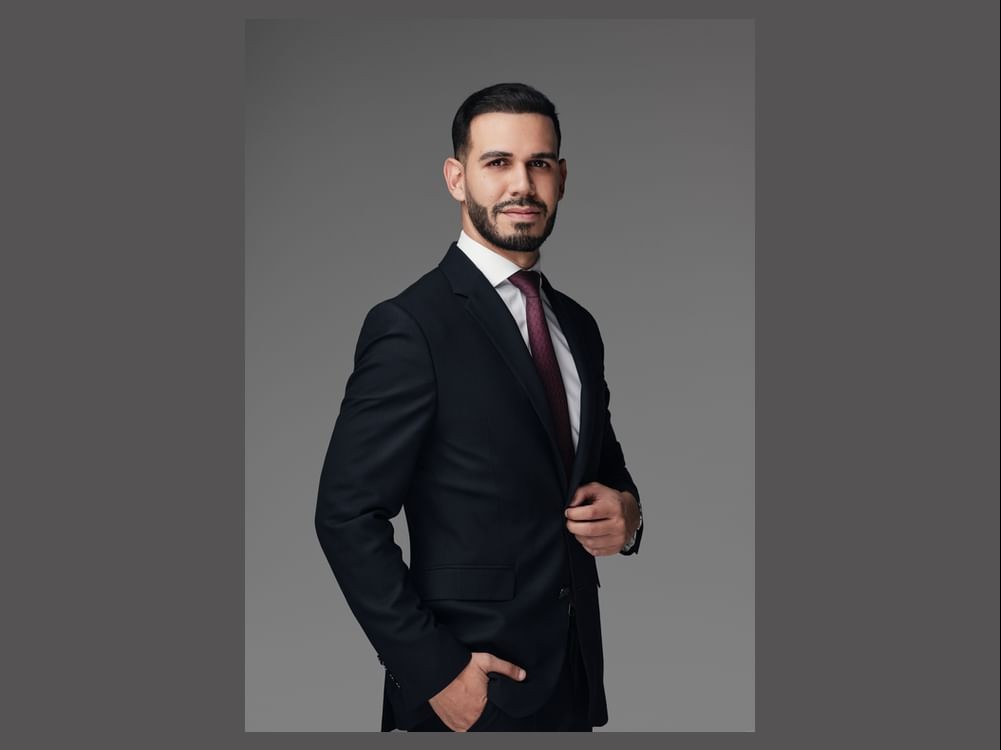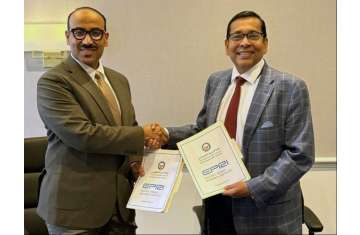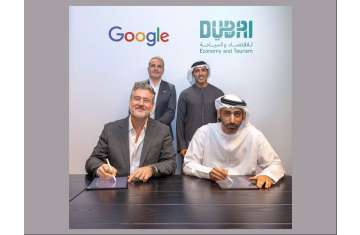Urgent
UNESCO grants Fujairah membership to its Global Network of Learning Cities
 Indonesia plans to buy 200 helicopters for defense, disaster response
Indonesia plans to buy 200 helicopters for defense, disaster response
 Strategic collaboration between GCC Interconnection Authority, EPRI
Strategic collaboration between GCC Interconnection Authority, EPRI
 Youth 4 Sustainability concludes Global Mentorship Programme
Youth 4 Sustainability concludes Global Mentorship Programme
 Dubai SME collaborates with Google to empower Emirati businesses
Dubai SME collaborates with Google to empower Emirati businesses
 Dubai Future Labs’ Aysha AlShehhi wins 2025 L’Oreal-UNESCO For Women in Science Award
Dubai Future Labs’ Aysha AlShehhi wins 2025 L’Oreal-UNESCO For Women in Science Award
 5.3-magnitude earthquake strikes Mexico's Oaxaca State
5.3-magnitude earthquake strikes Mexico's Oaxaca State
 TRENDS to participate in BRIDGE Summit with AI-enhanced pavilion
TRENDS to participate in BRIDGE Summit with AI-enhanced pavilion

 Indonesia plans to buy 200 helicopters for defense, disaster response
Indonesia plans to buy 200 helicopters for defense, disaster response
 Strategic collaboration between GCC Interconnection Authority, EPRI
Strategic collaboration between GCC Interconnection Authority, EPRI
 Youth 4 Sustainability concludes Global Mentorship Programme
Youth 4 Sustainability concludes Global Mentorship Programme
 Dubai SME collaborates with Google to empower Emirati businesses
Dubai SME collaborates with Google to empower Emirati businesses
 Dubai Future Labs’ Aysha AlShehhi wins 2025 L’Oreal-UNESCO For Women in Science Award
Dubai Future Labs’ Aysha AlShehhi wins 2025 L’Oreal-UNESCO For Women in Science Award
 5.3-magnitude earthquake strikes Mexico's Oaxaca State
5.3-magnitude earthquake strikes Mexico's Oaxaca State
 TRENDS to participate in BRIDGE Summit with AI-enhanced pavilion
TRENDS to participate in BRIDGE Summit with AI-enhanced pavilion











Comments